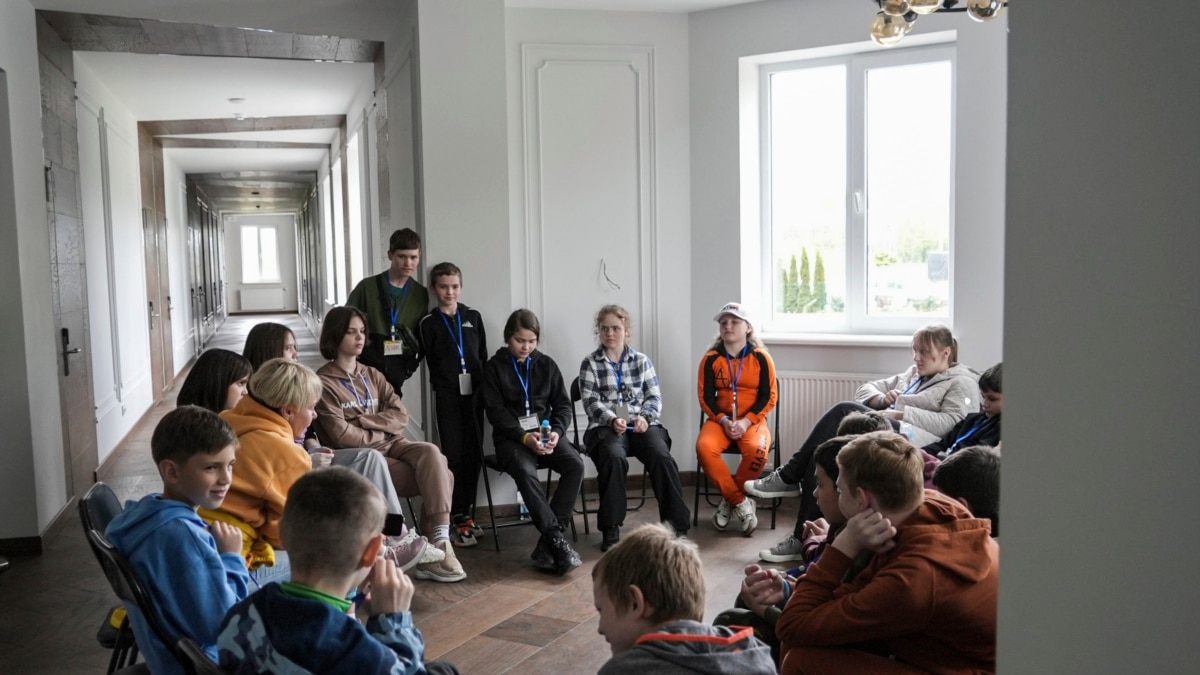
The space capsule will bring a two-person team to the International Space Station (ISS).
The countdown to the launch of the new Starliner The first manned test flight of the space capsule was aborted, delaying the mission by at least 24 hours.
The postponement was announced Saturday during a live NASA webcast.
Previous launch forecasts had assumed a 90 percent probability of favorable weather conditions.
But less than four minutes before launch, a ground system computer triggered an automatic abort command that stopped the countdown timers, mission officials said.
The reason for the stop remains unclear.
.@NASA, @BoeingSpace And @ulalaunch (United Launch Alliance) has discarded today's launch opportunity because the computer ground launch sequencer did not load into the correct operational configuration after proceeding to the terminal count. The ULA team is working to understand this… pic.twitter.com/pKkS6cdxYO
— NASA Space Operations (@NASASpaceOps) June 1, 2024
The highly anticipated first flight of the CST-200 Starliner carrying astronauts Butch Wilmore and Suni Williams to the International Space Station (ISS) has been long delayed as Boeing seeks to gain a larger share of the lucrative NASA business, which is currently dominated by Elon Musk's SpaceX.
Mission Commander Wilmore had earlier delivered a brief but stirring speech to tens of thousands of people watching the live broadcast, saying, “This is a great day to be proud of your nation.”
A countdown for May 6 was also interrupted just two hours before the launch due to a faulty pressure valve on the upper stage of the Atlas rocket, followed by further weeks of delays due to other technical problems with the Starliner itself, which have since been resolved.
Sunday is available as an alternative date, but it is not yet known whether the spacecraft will be ready for launch then.
Boeing's first attempt to send an unmanned Starliner to the space station in 2019 failed due to software and design issues, but a second attempt in 2022 was successful, paving the way for efforts to launch the first manned test mission.
Boeing's problems
Boeing, whose commercial aircraft operations are in trouble after several consecutive crises, desperately needs a success in space for its Starliner project, a program that is several years behind schedule and has cost overruns of over $1.5 billion.
While Boeing struggles, SpaceX has become a reliable taxi to orbit for NASA, which is supporting a new generation of privately built spacecraft that can transport astronauts to the ISS and, in the future – as part of its ambitious Artemis program – to the Moon and eventually Mars.
Starliner would compete directly with SpaceX's Crew Dragon capsule, which since 2020 has been NASA's only vehicle to launch ISS crews into orbit from U.S. soil.
The flight would be the first manned trip into space on an Atlas rocket since the famous Atlas family of launch vehicles first sent astronauts, including John Glenn, on orbital flights for NASA's Mercury program in the 1960s.
After launch, the capsule is expected to reach the space station after a flight of about 26 hours and dock at the research station in an orbit about 400 kilometers above the Earth.
According to the plans, the two astronauts will stay on the space station for about a week and then return to Earth with the Starliner to land in the desert in the southwest of the USA with parachute and airbag support – a first for manned NASA missions.
Depending on the outcome of the first manned test flight, Starliner is expected to fly at least six more manned missions to the space station for NASA.






Recent Comments